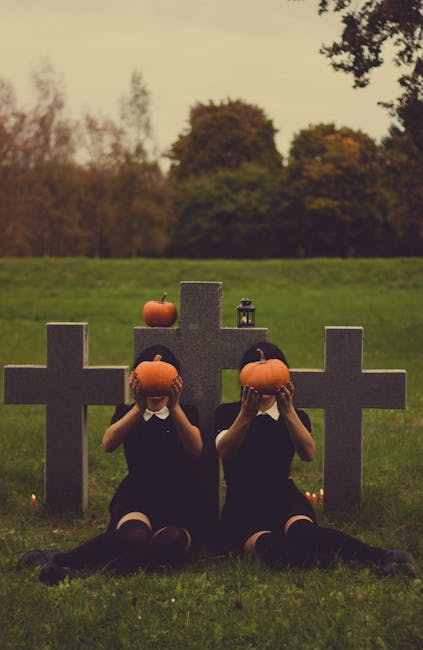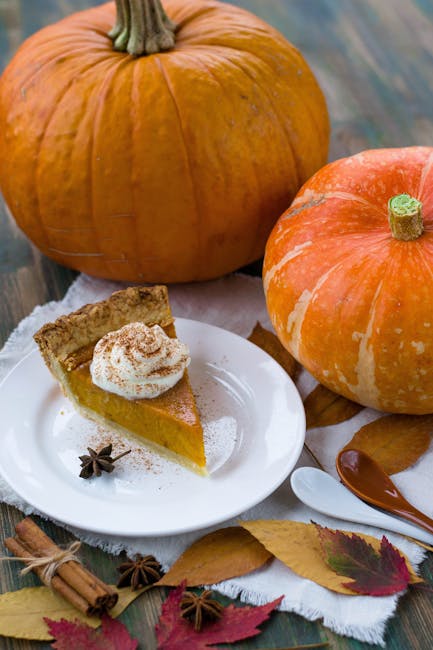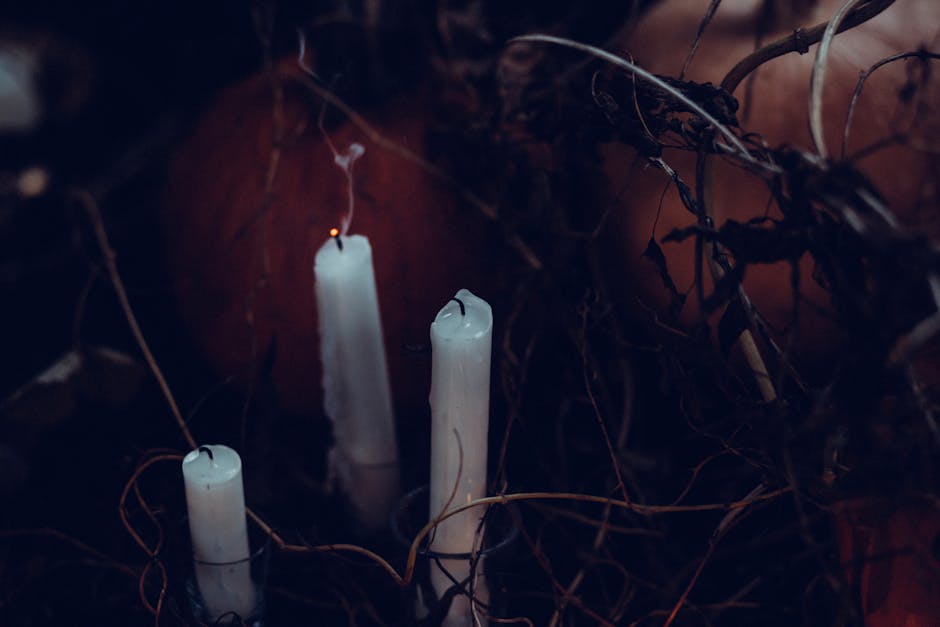
Whether you love it or hate it, Halloween is nearly upon us. And on October 31st, front doors across the UK will be being opened to the chorus of "trick or treat!" But what's it all about? And where did the custom of trick-or-treating originate from? And why is it so popular today?
Most of us know that Halloween, or All Hallows Eve, is a time when the children dress up in scary costumes, knock on their neighbours doors and ask for candy. This is what the 'treat' refers to. The 'trick' is merely an idle threat to perform mischief on the neighbour if they don't receive a treat! In some areas, homeowners signal they are willing to hand out treats by putting up Halloween decorations by their front door. Still others leave their Halloween treats on the front porch.
What many of us probably don't know is where the custom of trick-or-treating originated from. And how it became so popular today.

It was believed that the souls of the dead roamed the earth on All Hallows Eve, needing to be appeased. Offerings of food and drink were made to the spirits in order to appease them. Trick-or-treating, then, evolved from a tradition whereby people impersonated the spirits and accepted offerings on their behalf. Impersonating these spirits was believed to protect oneself from them.
The spread of trick-or-treating from the western United States eastwards was stalled, somewhat, by sugar rationing, which began in 1942 and did not end until 1947. The custom, though, was firmly established in popular culture by 1952, and in 1953 UNICEF conducted a national campaign for children to raise funds for the charity while trick-or-treating.
Although trick-or-treating originated in the UK, in the form of souling and guising the use of the term "trick or treat" at neighbour's doors did not become common until the 1980's. It was not a particularly welcome import, though, and the BBC referred to it as "making demands with menaces."
So why is it so popular today? Because, for all those who say they hate it, it is fast gaining in popularity; even eclipsing the UK tradition of Guy Fawkes Day. Some blame the rise of Halloween on an American intrusion into British culture. But it is more than just that. It is the British who have changed, not just the holidays they celebrate. Just as, in the US, the tradition of Halloween continues to evolve, to incorporate rites and traditions of other seasonal festivities, such as Day of the Dead.

Love it or hate in, come Saturday night you might be faced with a knock on your front door and a request of "trick or treat." Whilst many are happy to dish out sweets for neighbouring children, others prefer not to. So here are some ways you can avoid trick-or-treaters.
- Leave your porch light off to signal that you do not wish to hand out sweets.
- Leave a bowl of sweets on your front porch. Children can help themselves, within reason, and this eliminates the need for you to get up to answer the door ten billion times.
- Turn off all your lights. This entails sitting in the dark for a few hours, but if your house looks empty, children will be unlikely to knock.
- Don't decorate the front of your house with Halloween decorations. Pumpkins, spiders, window stickers. Whatever it is, it gives the signal you're happy to take part in the trick-or-treat custom.
So, are you going to be handing out the sweets on Halloween? Or will you be sitting in your living room, lights off, curtains closed as you ignore the doorbell? Tell me in the comments!

Post a Comment